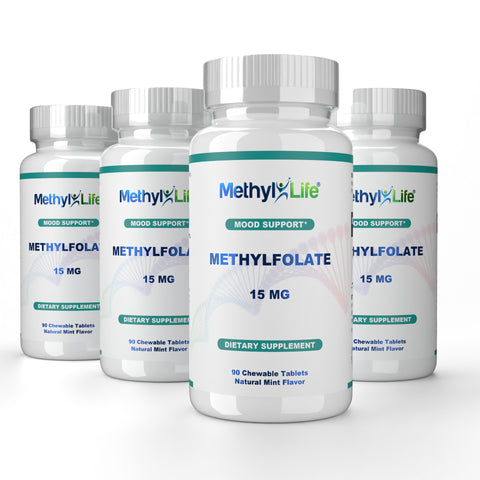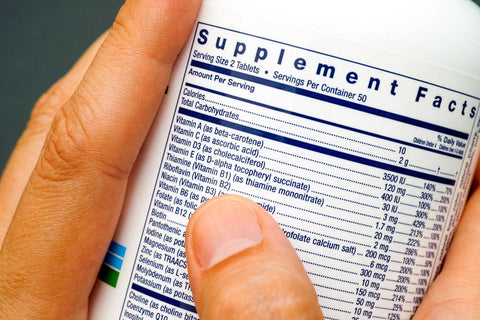Dietary Supplement Misbranding: What You Need to Know
We humans have been taking supplements for almost 200 years - and we’re hooked.
In 2022, the global nutritional supplements market was worth an estimated US 167.94 billion. While the pandemic certainly fuelled a recent surge, our demand for supplements is expected to continue, with the market predicted to hit USD 301.41 billion by 2030.
While the supplement industry is governed by various statutes and regulations, concerns have recently been raised over the lack of FDA (Food and Drug Administration) guidance regarding levels of impurities or other byproducts, which may increase the risk of misbranding.
When it comes to nutritional supplementation, consumers rely almost solely on product labels to make informed decisions. So, it may be a shock to learn that not all labels tell the truth.
This article will discuss everything you need to know about the role of the FDA, dietary supplement misbranding, and how to choose supplements that are 100% guaranteed safe.
















